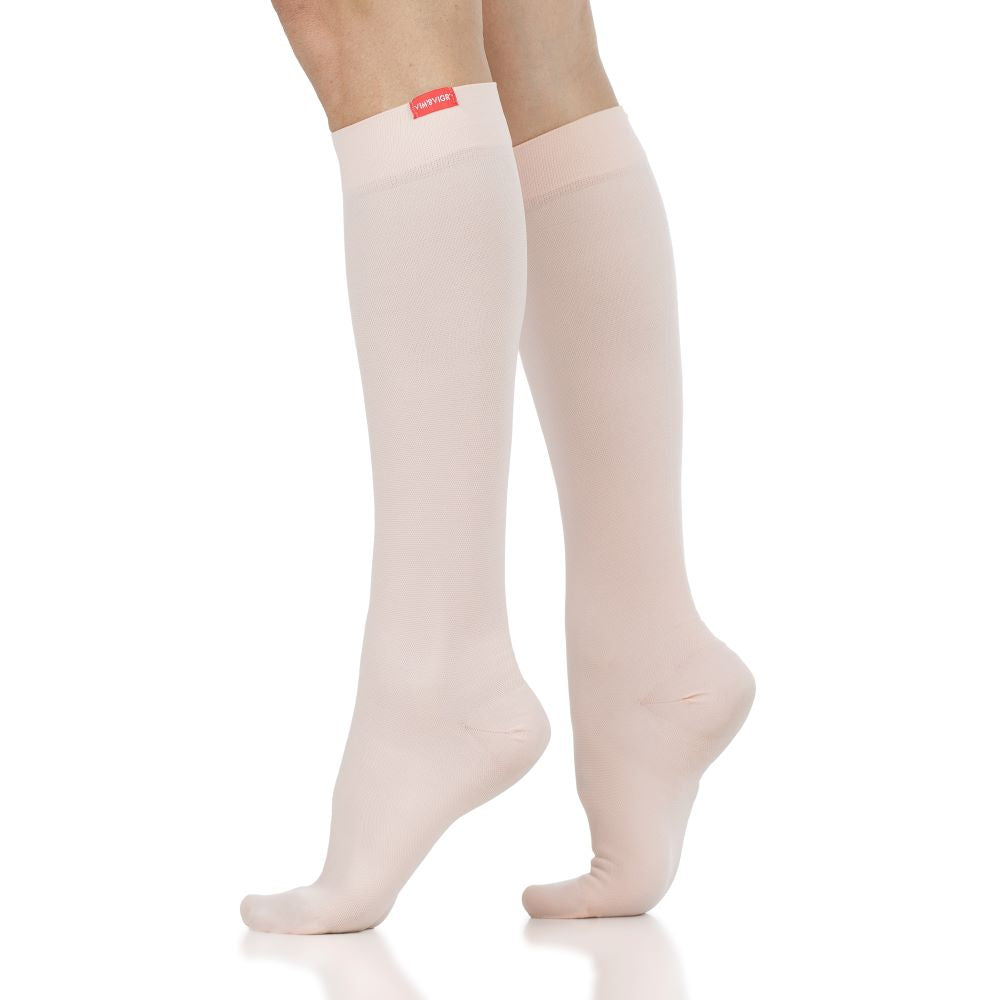How to Wind Down After a Nursing Shift

by Nick Marshall
With the typical nursing shift stretching to 12 hours, it can be easy to slip into a cycle of exhausting work and insufficient sleep at the expense of a fulfilling lifestyle. And though it is so tempting to squeeze it all in, we all know that this cycle isn’t healthy in the long-term. The physical and mental demands of a nursing shift can flood the body with stress hormones, and without a suitable safety valve at the end of each day, you’ll end up running your system down and feeling constantly tired. Follow our simple tips on soothing a tired body and giving yourself a better, and more sustainable, work/life balance.
Guided Meditation for Stress
Snatching a nap in the break room might get you through a nursing shift, but your body needs something more substantial to recuperate afterward. Go to bed with the stress hormones still surging through your body and at best you’ll have a few hours of fitful sleep. That’s why it’s important to transition from work to rest mindfully. Studies have shown that breathing exercises with a focus on the present moment reduce insomnia. Try meditating for a few minutes during your break to ease off the pressure and revitalize, and then treat yourself to a longer undisturbed session when you get home to get your mind in the mood for bed. If you’re unsure where to start, download an app like Headspace, which offers un-intimidating starter courses and plenty of different guided meditations for stress.
Unplug Your Way to a Healthy Night Routine
One of the hidden hazards of the nursing lifestyle is having friends who live in the 9 to 5, Monday-to-Friday world. It’s hard to stay up-to-date and in touch when your shift ends in the early hours. But if you get into the habit of checking your social media before bed, the minutes quickly become hours. Our advice? Let the notifications wait, unplug and leave the social life for when you’re refreshed and invigorated. If you scroll through your phone or tablet before bed, the bright screen suppresses melatonin production and disrupts a circadian rhythm that is already struggling to keep up. If you want to reclaim your “nighttime,” take care of your “me time” first.
Exercise and Yoga Pay Dividends
If your back and shoulders are worn out at the end of a long shift, it can be difficult to think about anything other than flopping into bed or onto the nearest couch. That’s understandable, but you’ll probably wake up stiff and sore. Because nursing involves a series of repetitive movements and long periods of standing, a few muscle groups do all the work. Show them a bit of love at the end of your shift with some gentle stretching, yoga or exercise to engage the whole muscle group. This isn’t the time for a marathon — just a short session of moderate exercise to clear the mind, get the circulation going through tired muscles and release some sleep-inducing endorphins. Ideally, you should exercise one to two hours before bed to give your core temperature time to come down.
Pamper Your Body and Soul
This one’s easy (and fun!). Let the magic of essential oils do the work at the end of a long shift by drawing a deep bath containing a few drops of lavender, bergamot, ylang-ylang or frankincense. These naturally soothe anxiety and prepare your body for sleep. Skip the caffeine and alcohol, too, and brew up a bedtime tea with chamomile or valerian for sweet dreams and a full night’s rest.
Prep While You’re Ahead
If you find yourself usually reaching for convenient but unhealthy foods when you get home, switch out the microwave for a Crock-Pot. You can prep all your nutritious vegetables, grains and protein in advance and then pop them in your slow cooker before you head to work. Hey presto! When you stagger back in 12 hours later, you’ll be met by the welcoming aroma of a hot, healthy dinner (provided you remembered to switch it on, of course!).
It’s no secret that nursing is one of the most physically (and emotionally) demanding professions, and that it takes something special to meet its challenges. But with a little planning and time management, you can transform your well-being significantly during shift work. You’ll find a pair of compression socks helps, too, both while you’re on shift and afterward when you’re winding down. By keeping your circulation running at its best, these socks reduce fatigue in your legs and boost recovery while you’re at rest.
References
https://www.sleepfoundation.org/shift-work-disorder/shift-work-you
https://www.hopkinsmedicine.org/health/wellness-and-prevention/exercising-for-better-sleep
https://www.forbes.com/sites/jeannecroteau/2019/07/18/the-best-essential-oils-for-anxiety/
https://www.independent.co.uk/extras/indybest/food-drink/best-bedtime-teas-a8733286.html


















Leave a comment